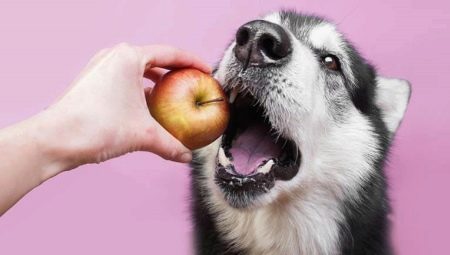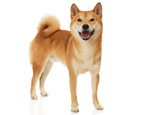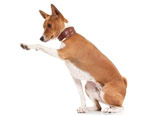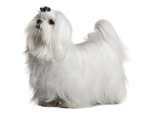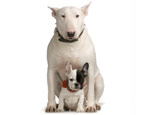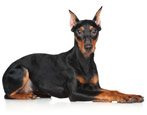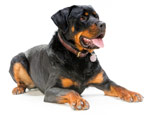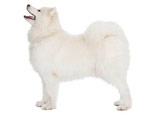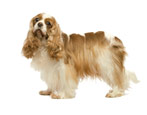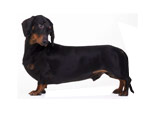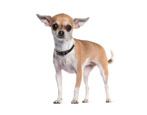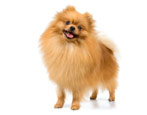The benefits of fruits to the human body are unconditional and undeniable. But not all dog owners know exactly the answer to the question of whether it is possible to treat your favorite pets with such products, which a caring owner wants only health and well-being.

What is allowed?
Whatever one may say, the diet of an average dog cannot be called diverse. Either the owners, not sparing money, buy dry food, or regularly cook porridges with meat and fish for their pets. Sometimes dry food is combined with natural nutrition, contrary to the advice of veterinarians. But the dog’s menu is not full of lots of fruits and vegetables.
At the same time, experts in the field of veterinary medicine believe that adding dogs fruits, berries, fresh herbs and vegetables is simply necessary so that the pet can receive as many nutrients, vitamins, minerals, fruit acids as possible for the body to function normally and exchange substances in particular.
It is enough to recall the times when there was no dry food in the USSR. We cooked soups and porridges for dogs, added fruit, and everyone was fine and wonderful. The dogs were beautiful, healthy, worked, won international dog competitions, successfully served in the police and army.

It makes no difference what your modern dog eats, it makes no difference what kind of a beautiful breed he is - fruits are necessary as an additive to both dry food and natural nutrition, experts say. You just have to strictly observe the rules for introducing them into the diet, as well as have a good idea which products are acceptable and which are not.
Fruits are needed for an unhealthy dog who already suffers from hypovitaminosis or metabolic disordersbecause apples or bananas cannot be cured.They are introduced into the diet of healthy animals in order to balance nutrition. And this is the first and main rule, which makes it clear that you should not put too much hope in the fruit.
But fruit is a great option to solve the problem with a useful treat, which can be pampered by a dog at training, rewarded for trying and fulfilling commands, and demonstrating your love.
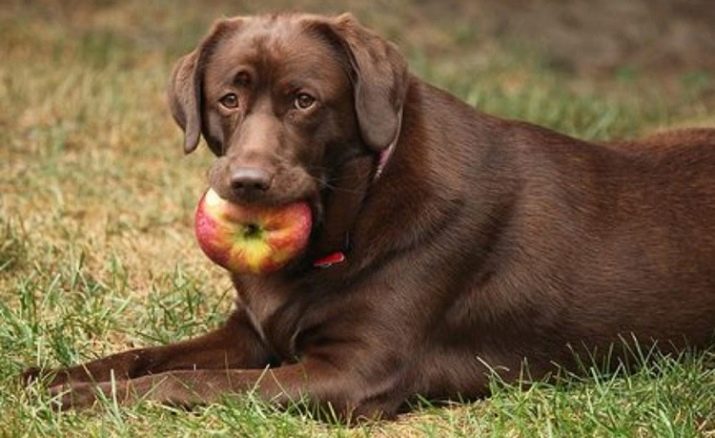
For these purposes, specialists have created a list of acceptable products.
- The apples - rarely allergenic, especially when it comes to green and yellow varieties. It is advisable to peel the peel, be sure - if the apples are purchased and non-seasonal. It accumulates chemicals that manufacturers process products for longer storage and better presentation. These substances are dangerous. Otherwise, almost all types of apples are acceptable in small quantities.
This is the first fruit that, along with cottage cheese and carrots in a grated form, is allowed to enter the puppy's menu.

Bananas - permissible, but do not give them too much, because it will be difficult for the dog to digest them. For animals, it is better to choose unripe bananas in an amount of no more than half twice a week.
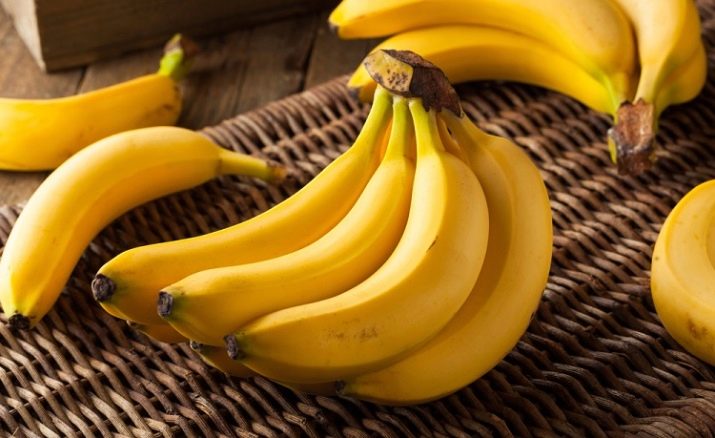
Melon - An excellent remedy for constipation for dogs that are prone to them. But we must not lose sight of the fact that the flesh of the melon is very sweet, and the melon peel is not digested.
Therefore, they give only the pulp, freed from the peel, in small quantities not more often than once a week.
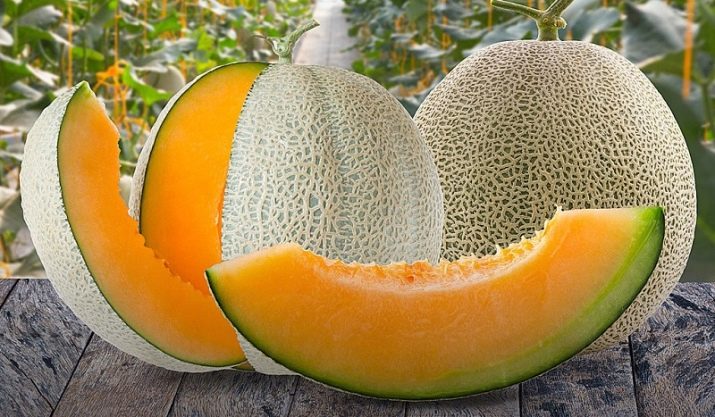
Watermelons - eliminate the symptoms of dehydration, are useful in hot weather, especially for pets who do not tolerate heat (pugs, sharpei, boxers and other brachycephals with a short trachea).
You can give not early watermelons, without peel and seeds.
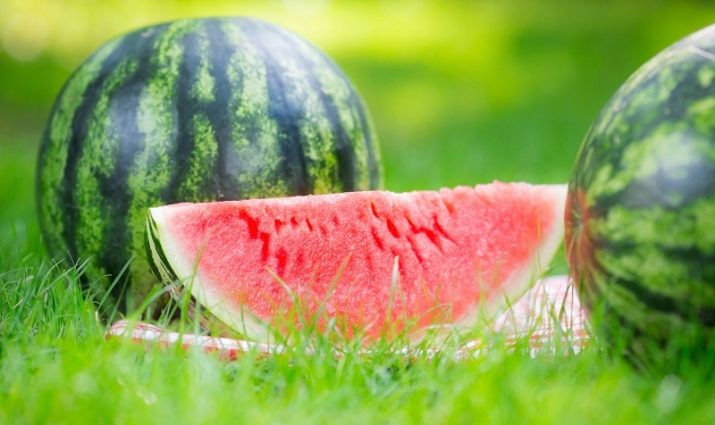
Plums - You can give the pet if the fruits are ripe and pre-peeled. If the plum has been lying too long or overripe, alkaloids appear in it, which cause clouding of consciousness and indigestion in the animal.
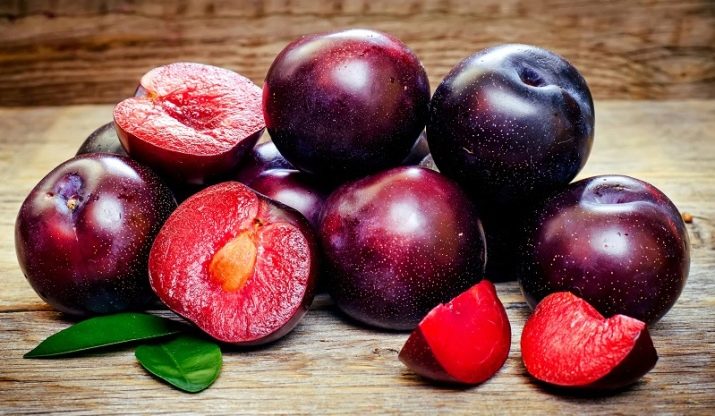
Pears - almost hypoallergenic, acceptable for representatives of all breeds. It is important to peel them before offering them to the dog, as well as cut them into pieces so that the dog does not choke.
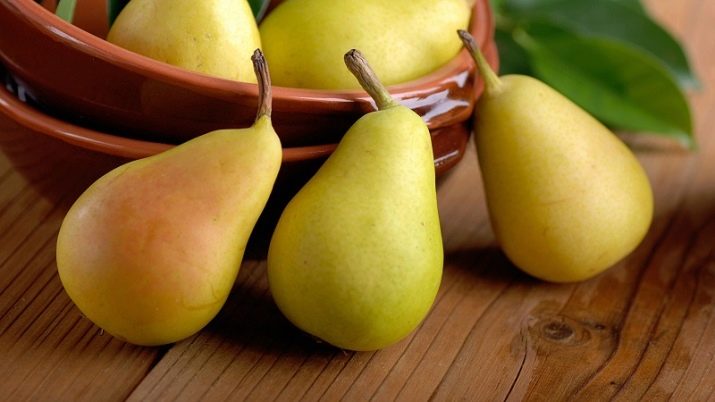
Gooseberry - Useful and enjoyable for dogs, especially if they have been accustomed to eat fruit since childhood.
Do not give off-season, purchased gooseberries.
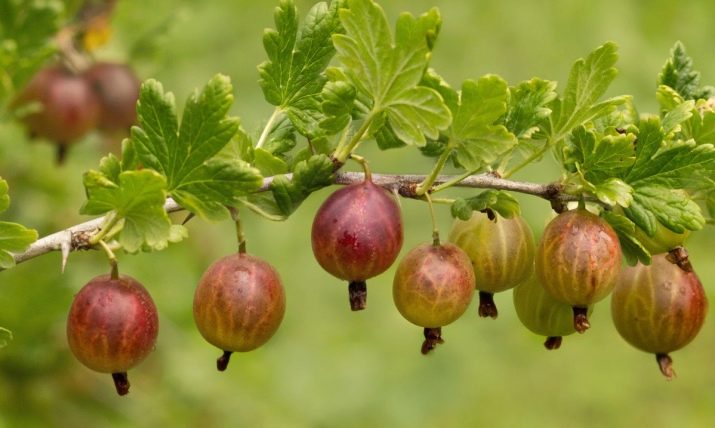
Blueberries and currants - berries acceptable for four-legged pets. But the dog may not like their taste in its pure form, and therefore they can be mixed in porridge or given in the form of dried fruits.
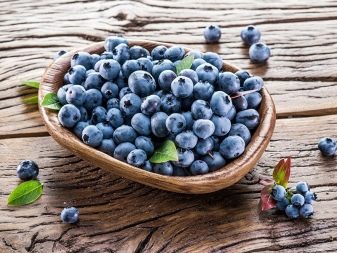
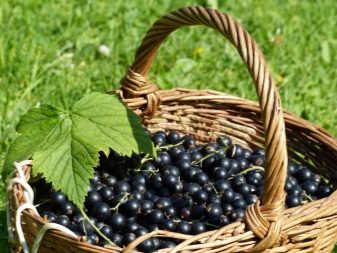
Prohibited Products
Fruits not recommended by veterinarians are divided into those that should be strictly limited, since they can cause an inadequate reaction of the canine organism in significant quantities, and to absolutely contraindicated.
Limited include papaya, which has a firming effect. This may be useful for diarrhea, but for a healthy dog it can result in constipation and an increase in blood sugar.
Kiwi should not be abused - it is permissible to offer a medium-sized dog no more than two circles of fruit per month.
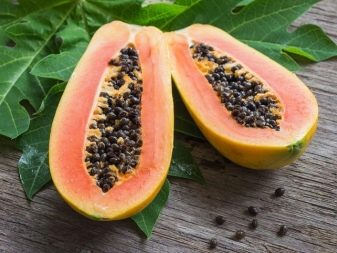
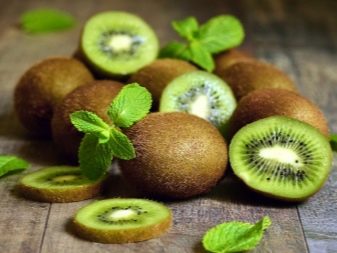
Limited give:
persimmon - ripe, seedless in the presence of constipation;
cherry - they give fruits free from stones, if the dog loves her, there is no particular benefit from the fruits;
apricot - you need to offer the pet without a bone and skin (it is almost not digested, which creates a load on the pancreas);
strawberries - can cause an allergic reaction, only berries grown on their own without chemicals in the amount of 2-3 per week are permissible;
raspberries are a very allergenic product, almost not suitable for fortification of dogs that are prone to food allergies from birth.
To this list you can add cherries and blackberries.
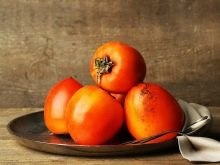
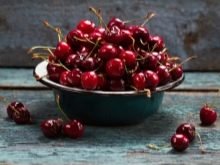
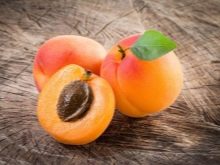
Absolutely contraindicated products should include those that can cause not only allergies, but also severe toxic effects.
All citrus fruits without exception - after their use, even in small amounts, irritation of the mucous membranes of the digestive tract with a large amount of fruit acids occurs. For dogs with poor digestion, this can result in the development of pancreatitis.
Grapes and Raisins - in most dogs it can cause severe renal failure, and in dogs of small and small breeds it causes severe diarrhea, vomiting, which quickly turns into systemic dehydration, which is a mortal danger.
Garnet - strongly irritates the mucous membranes of the stomach, the bones contain a natural toxic component, which can cause severe food poisoning in dogs of small and small breeds.
Avocado - contains substances that are capable of suppressively (overwhelmingly) affecting the heart muscle of dogs and the muscles that provide respiratory function.
Peaches - the flesh can cause severe diarrhea in the animal. In the bone, if the dog eats it, there is an additional danger - toxic substances.
Quince - astringent fruit has a strong vomiting effect.
These fruits should not be given to dogs, no matter how hard the dog tries to beg them.
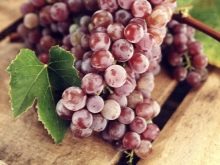
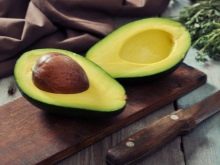
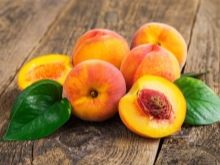
How to feed?
If you firmly decided that your pet’s diet should have fruits, choose only allowed products and start complementary foods with very small portions - literally from 1-2 pieces. If within a day after taking the product, the animal will show watery eyes, swollen nose, eyes, paw pads, respiratory disorders or indigestion and intestinal upset, then the fruit is not suitable for your dog, even if it is included in the list of admissible specialists.
Stop taking the product and show the dog to the veterinarian. In some cases, it will be necessary to give the dog an antihistamine to reduce the symptoms of sensitization.
The fruits for your dog should be grown without the use of nitrates and other fertilizers, which are usually used by farmers to accelerate the growth of their fruits to make their own profit. There should not be the slightest sign of incipient rot or mold on the fruit.
Do not mix fruits with feed. They should be given separately, for example, to reward your friend for good behavior or success in training. If you already fed the animal fruit on one day, you should not offer milk and dairy products on this day, this increases the likelihood of indigestion, digestive upset and an allergic reaction.

In order for your dog to love and eat fruit, you need to start learning from childhood. During this period, puppies can mix grated fruit into porridge. An adult dog who did not eat apples or pears before will be much more difficult to accustom to such delicacies. If the dog flatly refuses to eat plant foods, it is worth adding a little fruit to the meat or fish.
Under no circumstances should you offer the dog fruit in the form of jam, jam or jam. These are very sweet foods that are of no benefit to canine health. When dried, fruits are produced only at home. This is by no means the case of weighted dried fruits purchased at the supermarket. At home, you should also remove seeds before drying or eating.
Often you can meet home-grown dog handlers at dog breeders' forums, who quite seriously recommend that those who have gained extra pounds from dogs have to arrange fasting days for animals with fruit. It is absolutely impossible to do this. Even harmless and permitted foods in large quantities cause food disorders and metabolic abnormalities. It is better for such animals to cut a portion of food, as well as increase the load due to longer walks, active games in the air.

You can find out more information on this subject by watching the video below.
